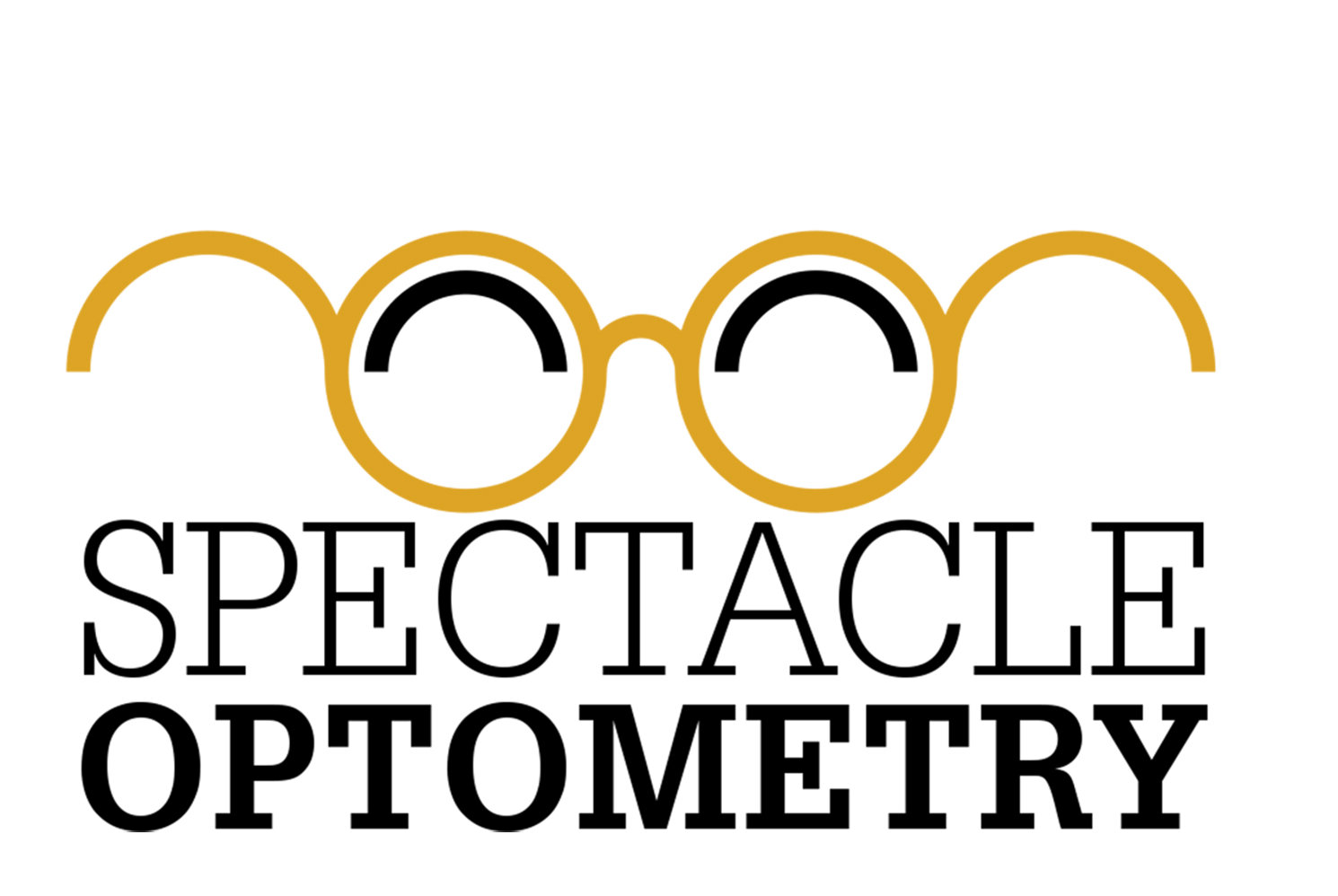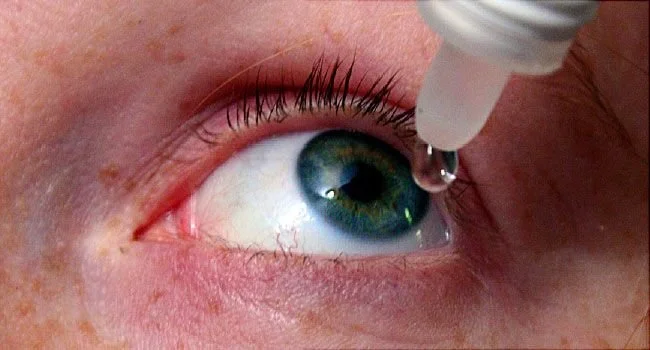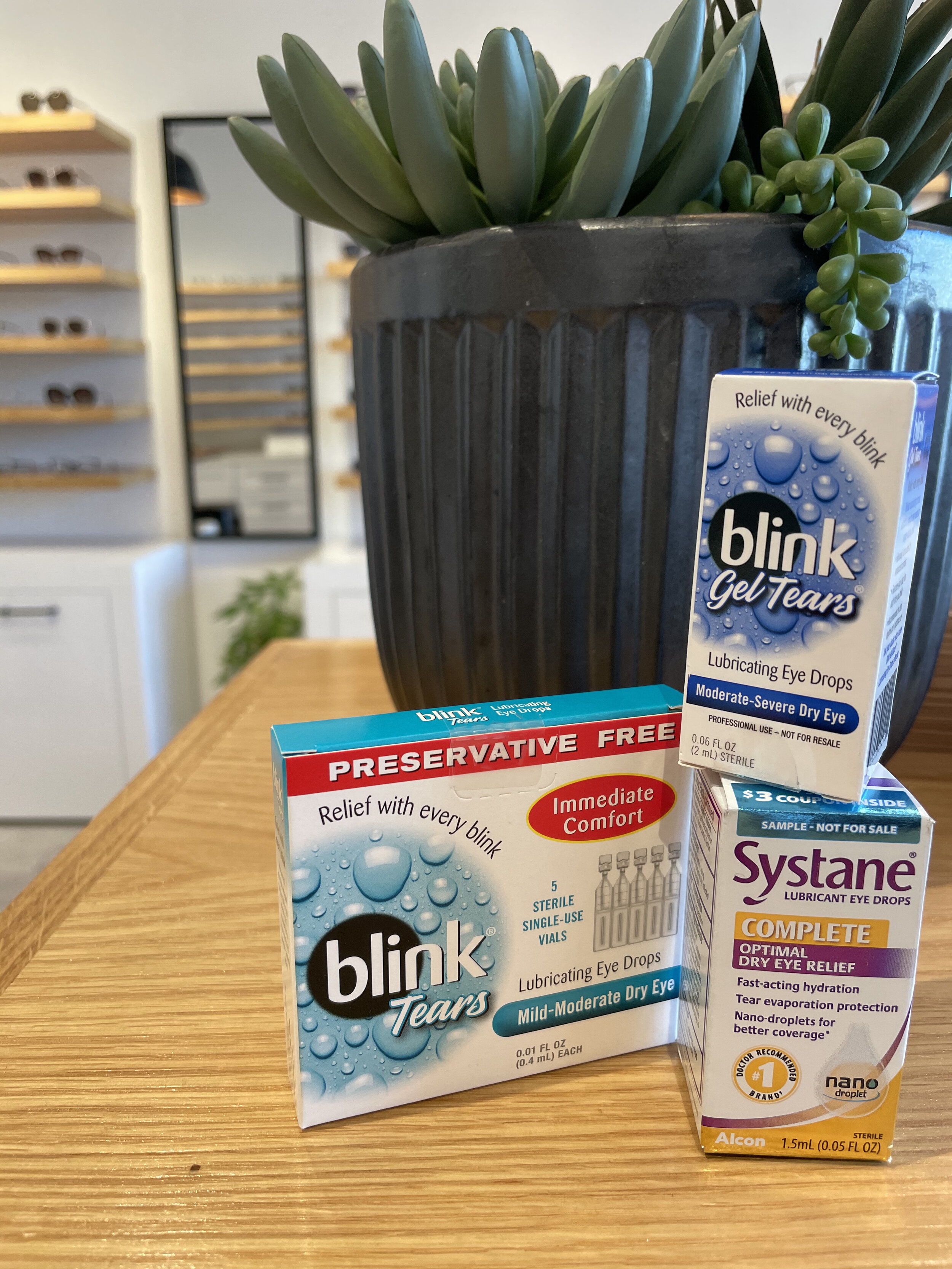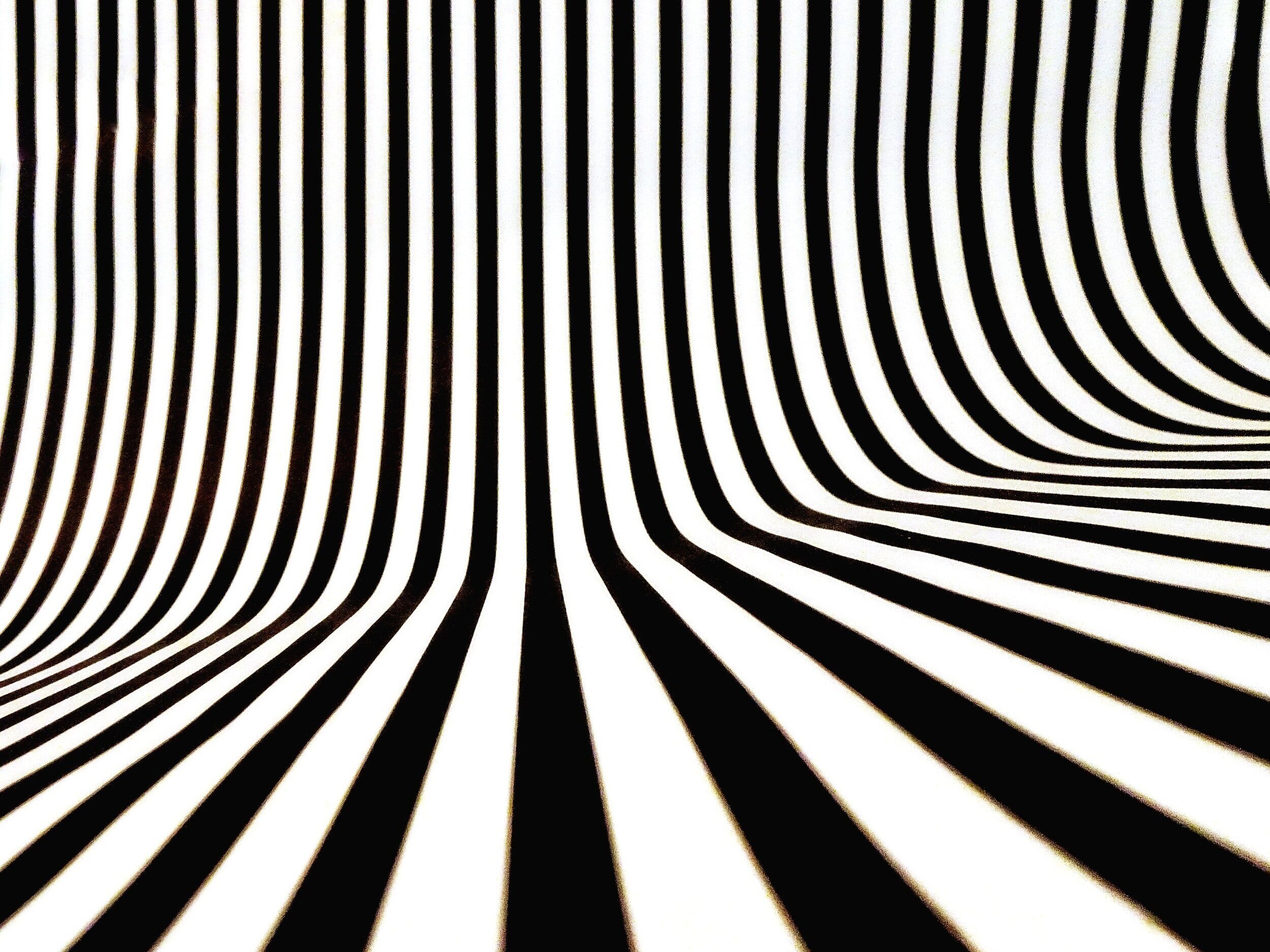OH, MY DRY EYES!
Do your eyes ever feel dry, tear up all the time, get that gritty almost like sandpaper feeling, burn, itch or get red? Well, you’re not alone! The majority of us have experienced dry eyes at some point in time, and most reading this now are starting to feel those symptoms. So what can we do to avoid the dry eyes from starting and what are things that we can do to help once the dryness really sets in? We’re here to break it all down for you… the good, the bad, and the solutions to fix them!
First off, how did I get dry eyes to begin with?
There are so many factors in our day-to-day lives that can trigger dryness or tearing. It can happen in dusty, dirty environments or really windy conditions. Maybe you live in Southern California like us or other parts of the world where humidity doesn’t exist. The dry climates can certainly play a role in your eye health! Other things inside our homes can also be the culprit, like ceiling fans or air conditioning that can dry out your eyes overnight. Even though you’re sleeping, your eyes are getting drier and drier in conditions like these until you wake up having difficulties blinking wondering how this even happened. Some things might be unavoidable like the dreaded computer and screen time. We simply do not blink as often on technology and our eyes feel it. If you don’t take breaks throughout the day, you’re bound to feel the effects of dryness creeping in by mid-day. Certain medications and autoimmune conditions can naturally cause more dryness. Be sure to check with your optometrist if any of your medications or medical conditions could be the source as well.
I think I have dry eyes, but what exactly is it?
You may have heard of dry eyes, dry eye syndrome, and dry eye disease. They all explain the same chronic condition when your tears do not provide sufficient lubrication for your eyes. It can occur when you don’t produce enough tears or produce tears that are just not getting the job done. This can lead to inflammation of your eyes when you start to feel uncomfortable. That dry eye feeling comes in many forms though. They can feel dry or maybe they feel just the opposite and are watery all the time. They can burn, sting, cause light sensitivity, redness, and blurred vision. Some people even report that their eyes just feel tired and heavy. This can also make it difficult to drive at night when the dryness is causing streaky headlight glare that you can’t seem to blink away. Clearly, as you may have already noticed, it is a complicated condition to fully explain in both symptoms and causes. The best thing you can do if you think you have dry eyes is to see your optometrist to get a better grasp of what is going on with your eyes.
My optometrist told me I have dry eyes, what can I do from here?
You’ve already taken the first step to feeling better by having your optometrist check it out, so good work! Your optometrist will most likely give you some solutions in the office or things to try at home. We typically start by evaluating the source of your dry eyes. If it is due to computer work, one of the first and easiest things you can do is take eye breaks. We like the 20-20-20 rule… every 20 minutes, look 20 feet away in the distance, and blink 20 times. This is a quick solution to get those eyes off of the screen, if even just for a little bit. It will actually help tremendously! You can also keep artificial tears handy as well. Our favorites (Systane, Refresh, Blink, and Thera Tears) are easily found over the counter at any grocery store or pharmacy. If you tend to tear up more than feel dry, what is happening is that the tears are not the right consistency and fall off your eyes but leave your eyes dry. You can try using Omega 3 supplements. This will take about 2-3 months to go into effect, but when it does, your tears will be more oily and sticky and stay on your eye much better. If you wake up with dryness, most likely your dry eyes are occurring at night. Start with stopping the ceiling fan or adding a humidifier to keep those eyes moist overnight. If stopping the ceiling fan is not an option, we recommend using a gel tear drop (in same brands as above) and then placing an eye mask over your eyes at night. This will help your eyes wake up feeling refreshed! if you work in a dusty environment or outside, we suggest keeping tear drops handy and using sunglasses or protective goggles to keep the elements out of your eyes. These are all the quickest (and cheapest!) solutions to start with.
I’ve already tried those things, what else do you have?
If you’ve tried the usual suspects... eye breaks, tear drops, and omega 3s… it may be time to bring in the big guns! We have prescription eye drops that can help with the tear composition. Similar to the Omega 3 supplements, they do take a few months to go into effect. They also can have a side effect of burning upon instillation, but we have several patients who find great relief in using these drops long term! Another option is punctal plugs. You may not know too much about this, but your eye drains tears down through a hole in your eyelid called the puncta. We can actually put a little stopper in that hole to keep those tears on your eyes and not on your face! Dr. Bovy is our punctal plug pro who can help to see if this is a good option for you.
Dry eyes can be a bit of a nuisance, we know! Luckily, we have lots of things that we can do to keep that pesky dryness, irritation, burning, and stinging at bay. Dry eyes is a condition that can come and go as it pleases, so even if your dry eyes don’t bother you today, watch out for next week! And know that our doctors are always here if you need us to determine the best course of action for your dry eyes.






